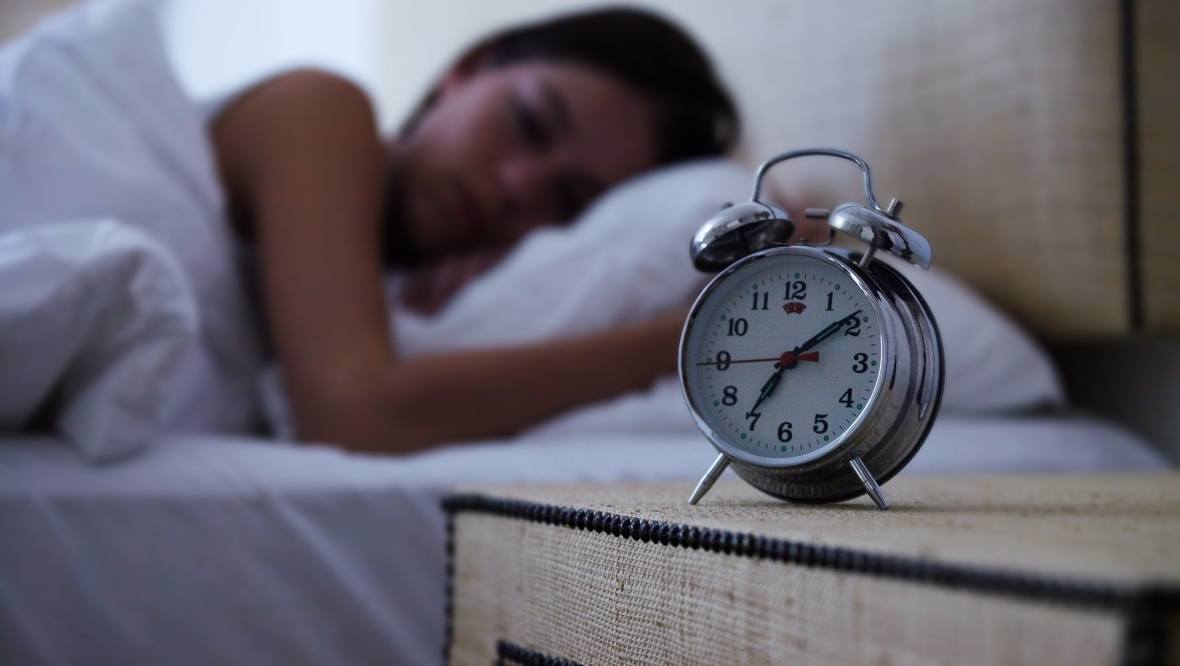The clocks are set to change overnight this weekend, meaning we will lose an hour in bed.
British Summer Time (BST) officially begins at 1am on Sunday, March 26, when the clocks will jump forward an hour.
The practice of changing the clocks has been in place for over a century, having been introduced by Germany and its allies during the First World War.
BST beginning means we will now have longer days and shorter nights as summer kicks in, and will last until the last Sunday of October.
Also known as daylight saving time, the changing of the clocks is highly debated – with critics arguing that abolishing the practice could improve health, road safety and even save energy.
However, supporters also argue that energy is saved and road accidents reduced by keeping it in place.
The campaign for British Summer Time came about at the beginning of the 20th century, when parliament passed the Summer Time Act in 1916.
British builder William Willett spearheaded the movement, advocating for BST in his 1907 “Waste of Daylight” pamphlet to increase opportunities for leisure and help reduce energy costs.
He suggested a plan which included 20-minute changes four Sundays in a row in April and September to minimise disruption to people’s biological clocks, arguing that they would “lose nothing and gain substantially”.
He died after contracting influenza in 1915 before his vision would become a reality.
The following year, a revised version of his proposal – a change of an hour – was introduced as the country suffered from huge coal shortages during the First World War.
It has undergone some changes – the clocks were not put back in 1940 and the practice was reintroduced during the Second World War, resulting in British Double Summer Time (GMT+2). It was then returned to GMT at the end of summer 1945.
The harsh winters of 1946 and 1947 saw the country return to British Double Summer Time in the summer of 1947 due to severe fuel shortages.
The government adopted British Standard Time between October 1968 and October 1971 (GMT+1) as an experiment, but voted to end the practice. The current system has been in place since 1972.
Follow STV News on WhatsApp
Scan the QR code on your mobile device for all the latest news from around the country


 iStock
iStock

























